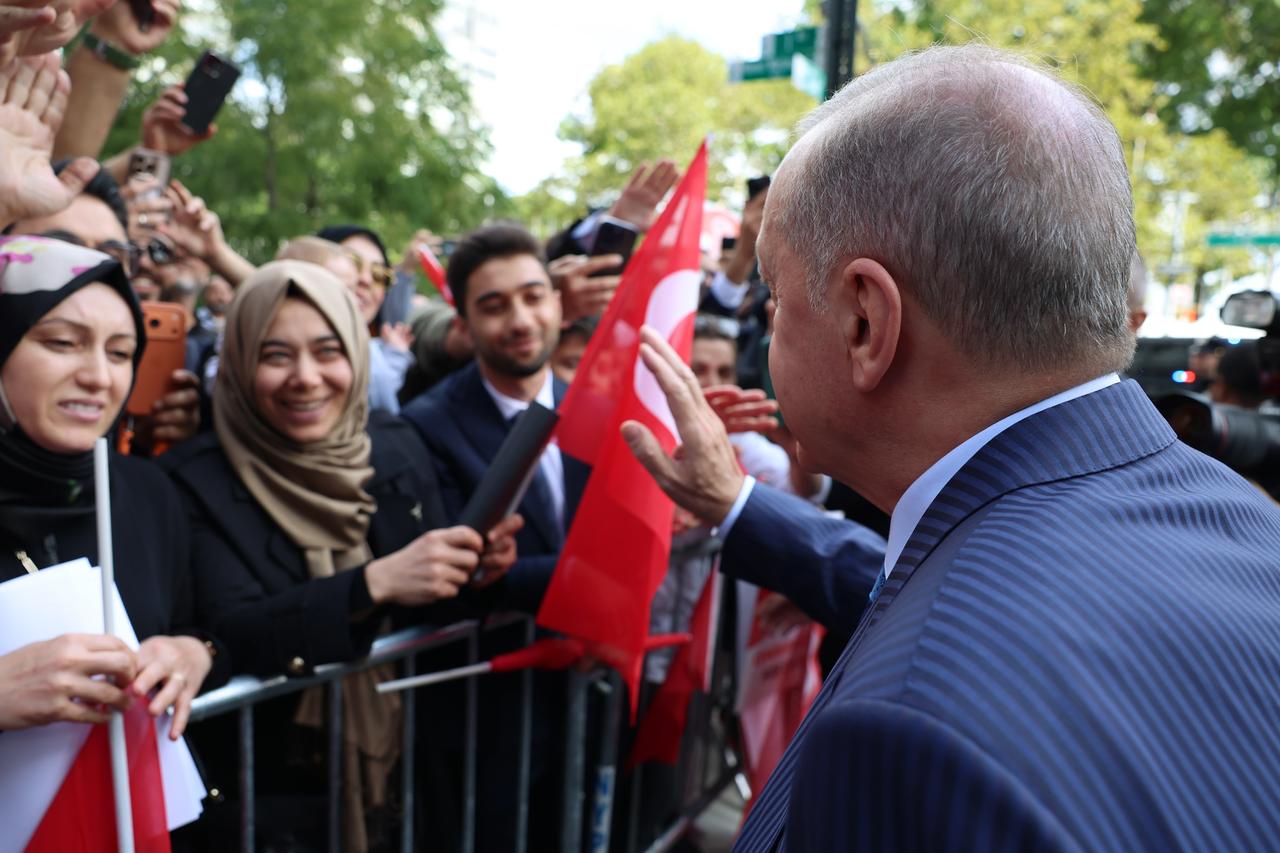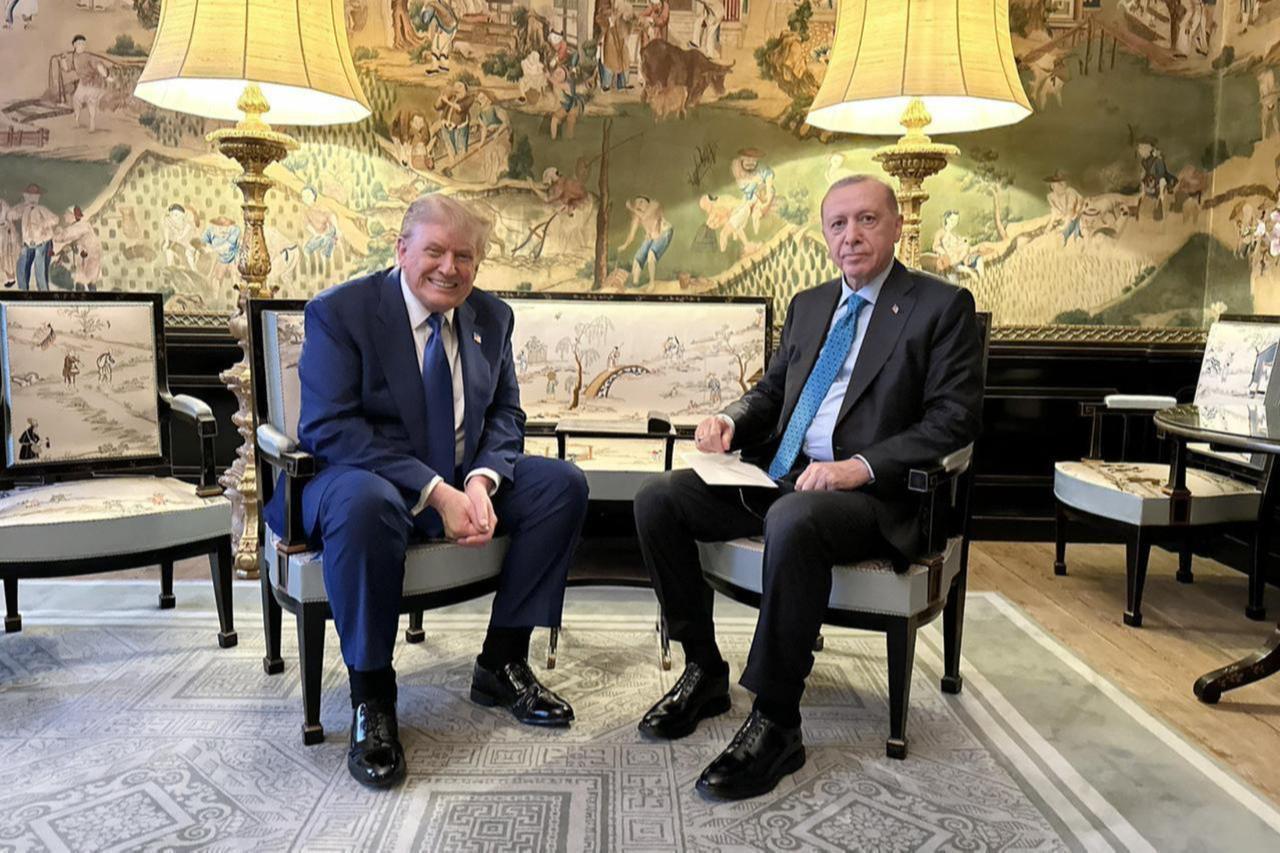
President Recep Tayyip Erdogan on Monday urged the United States to eliminate obstacles hampering bilateral defense cooperation, emphasizing that such restrictions undermine the spirit of the NATO alliance between the two countries.
Speaking in Ankara, Erdogan said Türkiye-US defense industry cooperation "must be freed from obstacles and restrictions as soon as possible in line with spirit of alliance." The remarks come amid ongoing tensions over Türkiye's defense procurement policies and export controls that have strained military cooperation between the NATO allies.
Türkiye and the United States have faced significant defense industry disputes in recent years, particularly over Türkiye's acquisition of Russian S-400 missile systems, which led to U.S. sanctions and Türkiye's removal from the F-35 fighter jet program. The restrictions have limited Turkish access to American defense technology and complicated joint military projects.

The Turkish leader also renewed his commitment to achieving $100 billion in annual trade volume with the United States, describing it as a "common goal" that remains attainable. Erdogan referenced discussions with President Donald Trump in 2019 when the ambitious trade target was first established, noting that the objective "continues to be our common goal."
Erdogan expressed confidence that "with the support of our private sector and new investment initiatives, I wholeheartedly believe we will reach our $100 billion target."
During his remarks, Erdogan highlighted Türkiye's strategic advantages for international investors, citing the country's "strong logistics infrastructure, modern ports, and developed land and railway networks" as factors that make Türkiye "a strategic center for investors."
The president emphasized ongoing efforts to create "a transparent, competitive and secure market environment that will make Türkiye more attractive for investors."
Erdogan expressed optimism about expanding cooperation beyond traditional sectors, stating that Türkiye expects "acceleration in our relations by evaluating cooperation opportunities in sectors covering energy, cyber, and space fields" with the United States.